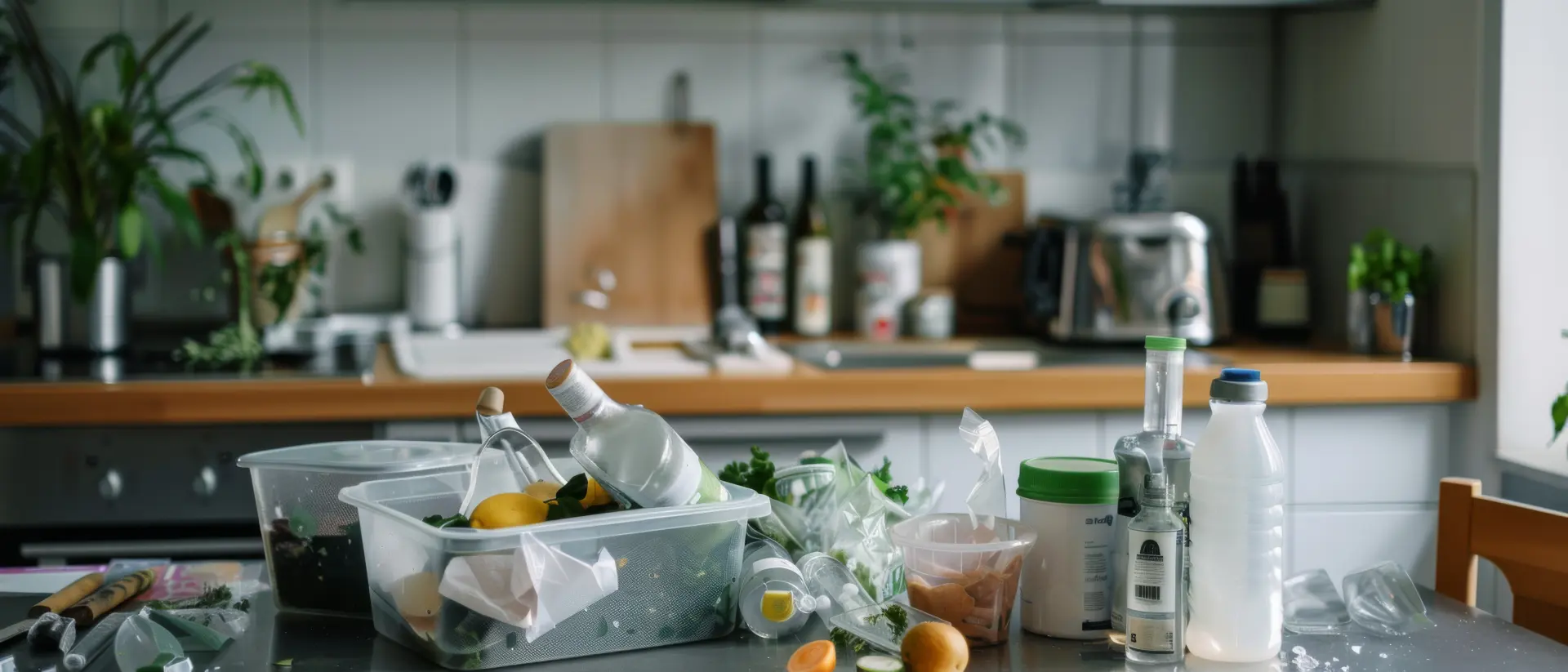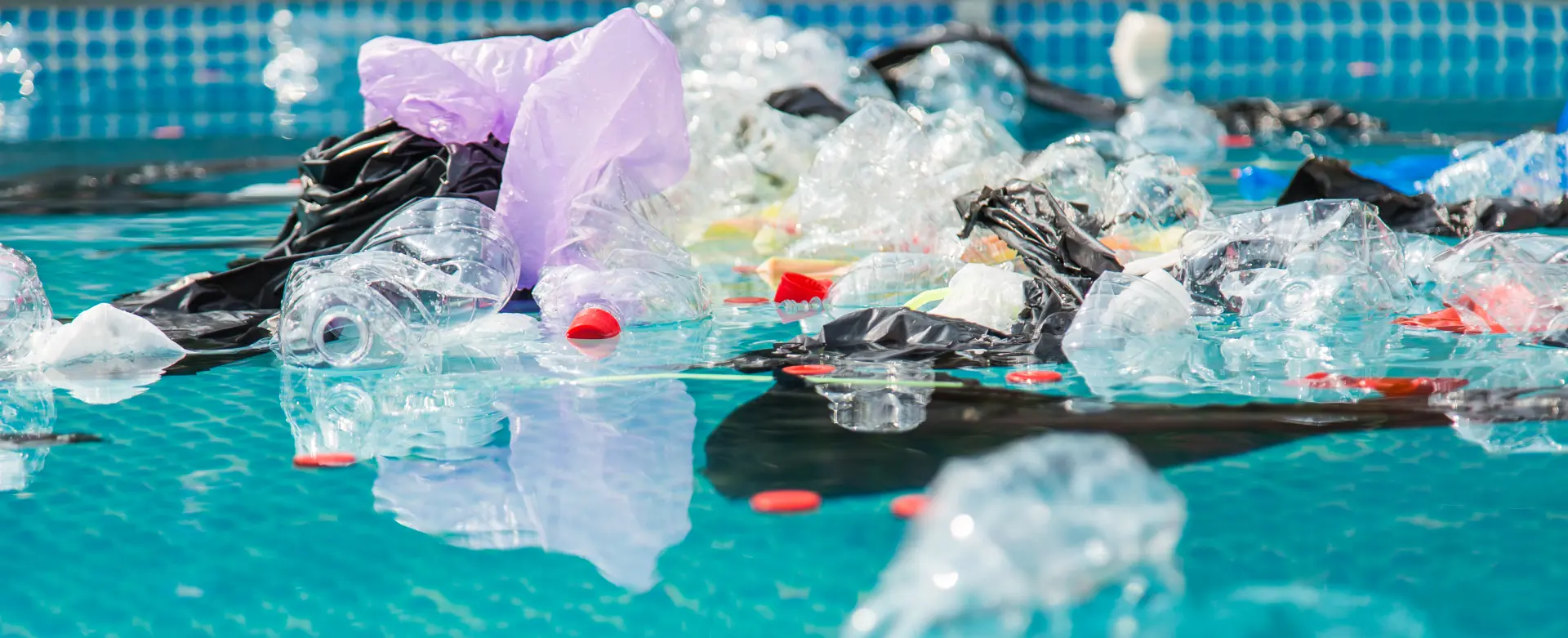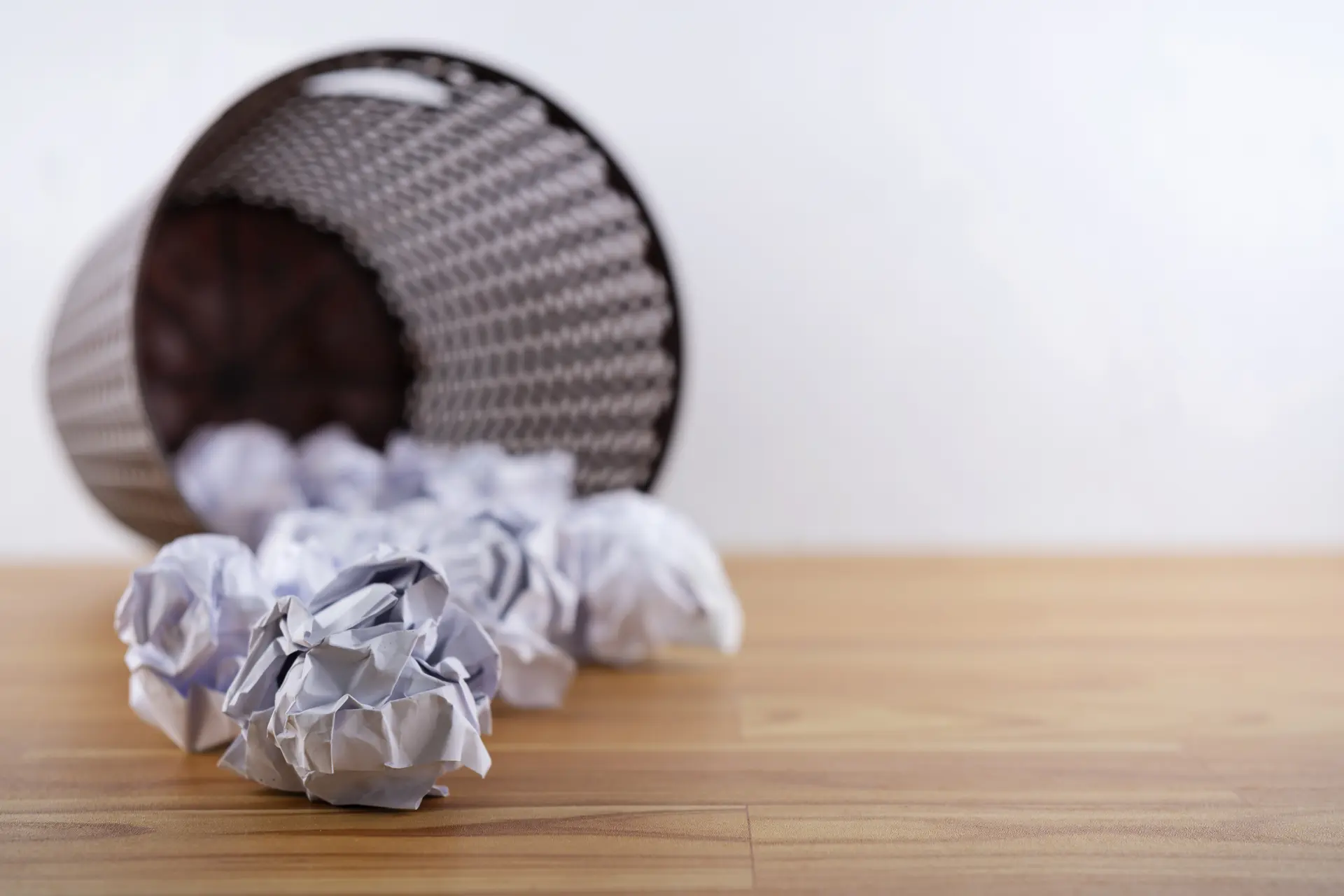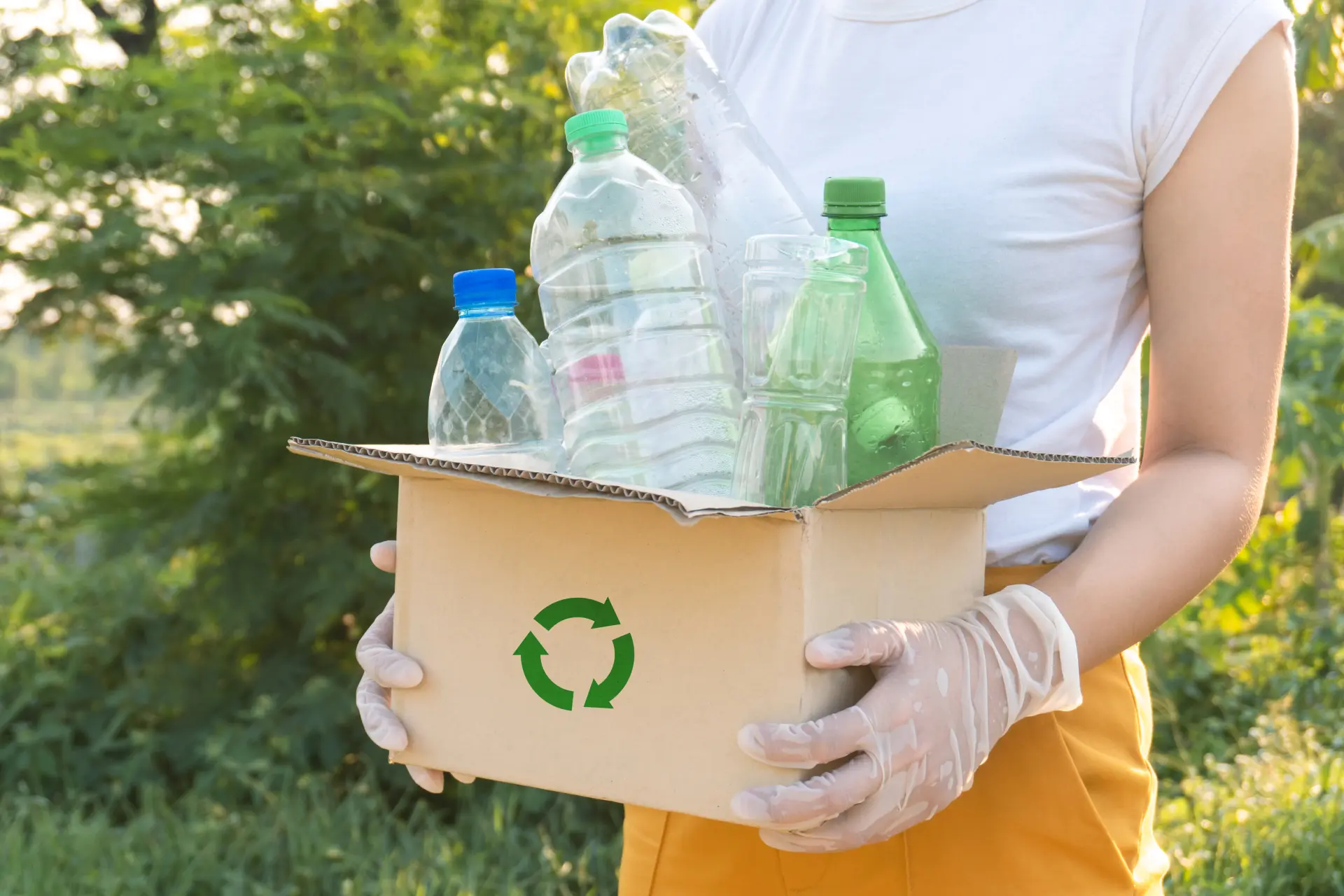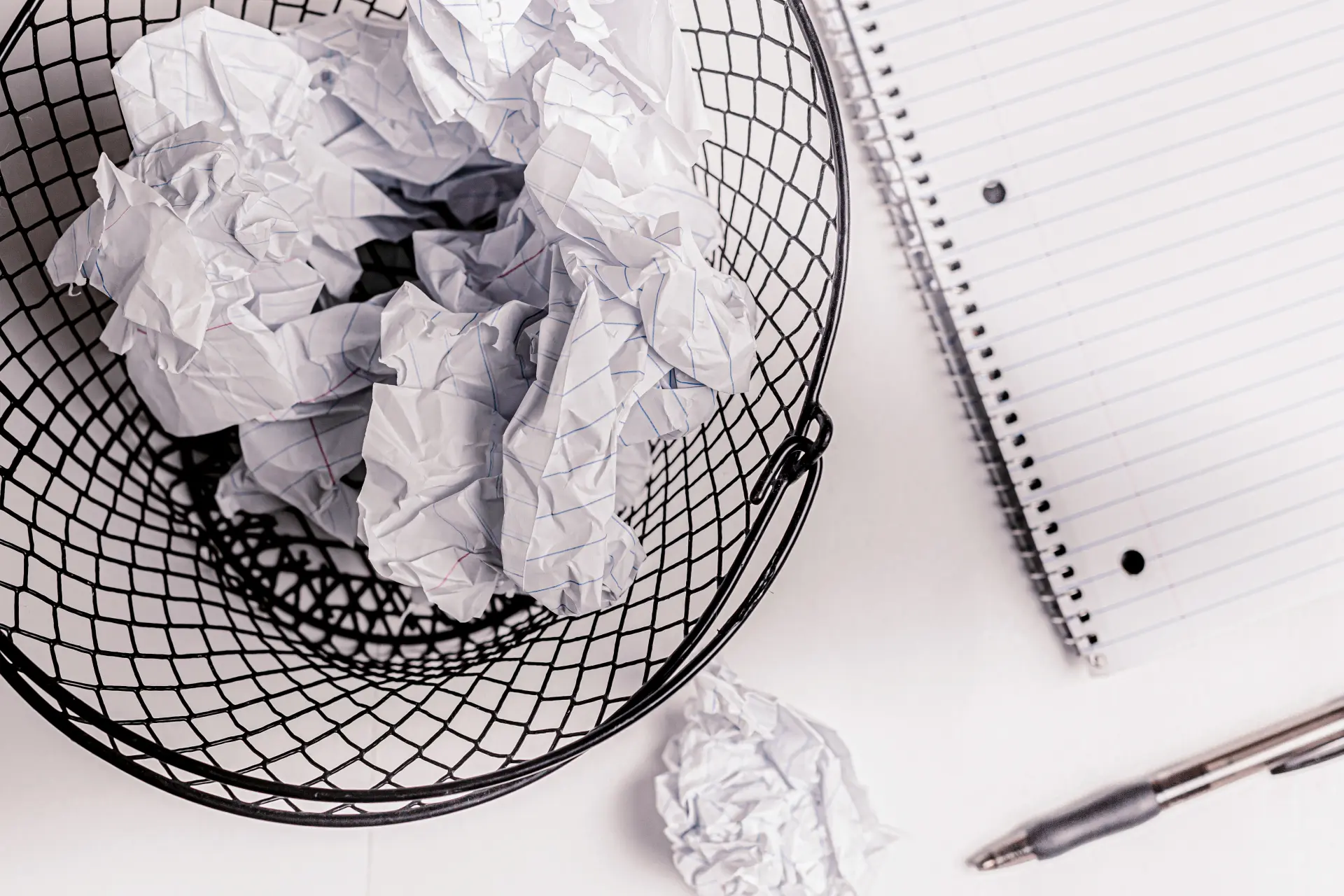Why Reducing Household Waste Matters
Every plastic wrapper, wilted vegetable, and junk-mail flyer we toss ends up somewhere: a landfill, an incinerator, or, too often, the ocean. In the UK alone, households generate more than 20 million tonnes of waste each year, and only about half is recycled. Landfills emit methane, a greenhouse gas far more potent than carbon dioxide, while incineration releases toxins and wastes energy embedded in products.
Cutting waste therefore reduces climate-warming emissions, conserves resources, and protects wildlife habitats mined or drilled for raw materials. It also saves money—bin charges, food budgets, and replacement costs shrink when you consume wisely and reuse. Waste reduction is one of the simplest daily climate actions available to every household. That collective impact quickly scales across neighborhoods.
Start with a Waste Audit
Before you can shrink your bin, you need to know what’s in it. Spend one week collecting all your household rubbish in transparent bags, keeping recycling separate from general waste. At the end of the week, spread everything out on a tarp (or photograph the contents) and sort it into categories: food scraps, plastic packaging, paper, glass, textiles, electronics, hygiene products, and miscellaneous. Measure each pile by weight or volume and jot the figures in a notebook or spreadsheet. Patterns will leap out: perhaps takeaway containers dominate, or half-used lettuce heads recur every Tuesday. That data transforms vague good intentions into a laser-focused action plan.
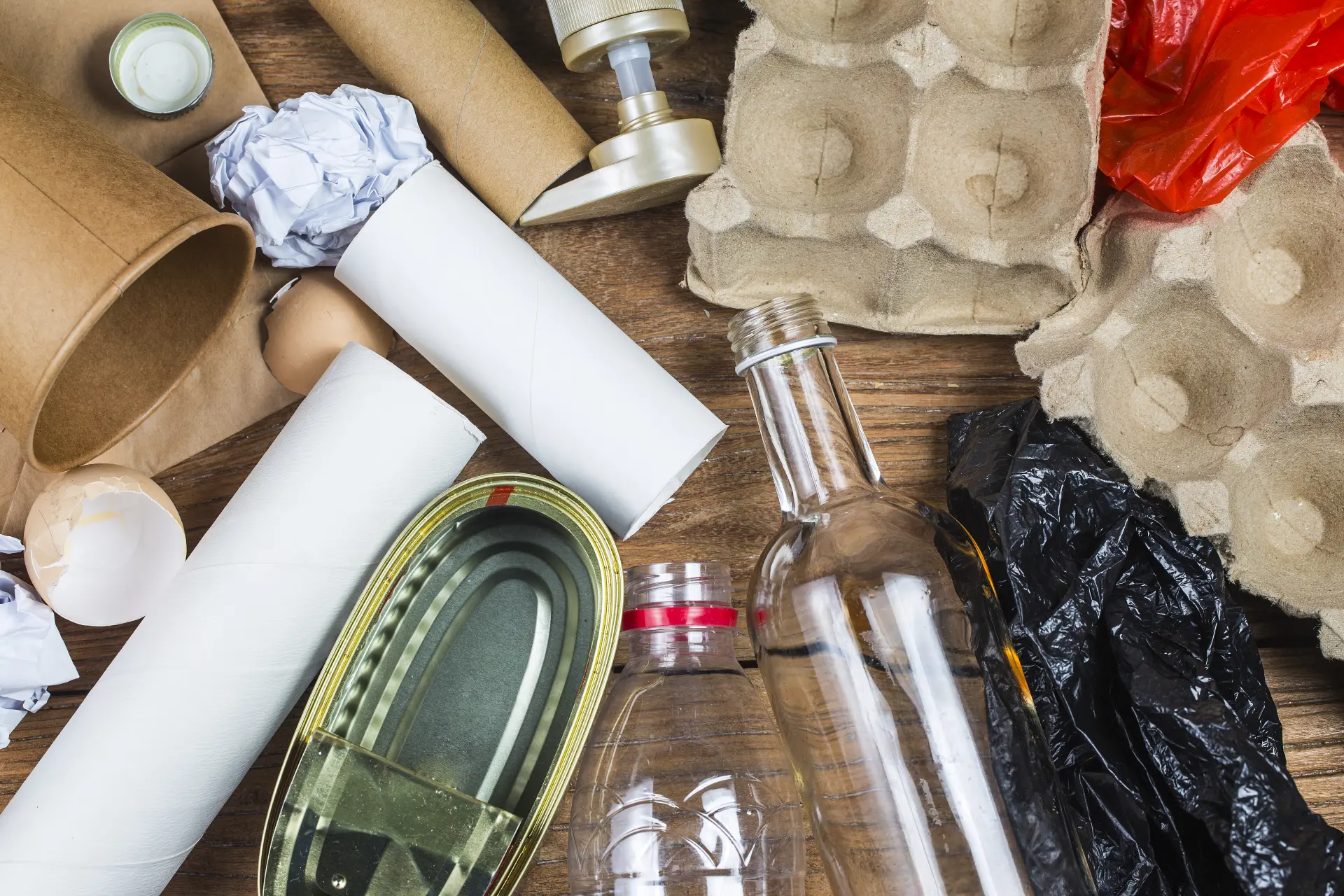
Next, rank the categories by both quantity and ease of reduction. Low-hanging fruit like junk mail can often be eliminated overnight by registering for a mail preference service, while food waste might require meal-planning skills that take a month to refine. Set specific, measurable targets (for example, “cut weekly food waste by 30 % in three months”) and assign responsibilities to each household member. Kids can track snack wrappers; adults can monitor fridge leftovers.
Finally, repeat the audit quarterly to measure progress and celebrate wins. Seeing the kilos drop is motivating, and your log provides evidence when persuading landlords, councils, or neighbours to improve communal recycling facilities. A simple audit turns waste reduction from an abstract ideal into a data-driven household habit. Documenting the audit in a chart helps friends replicate the process, and posting the results online can inspire neighbours to start their own journey.
Cut Down on Single-Use Items
Single-use items feel convenient but generate mountains of waste. Start by refusing freebies: hotel toiletries, disposable cutlery, flyer handouts, and plastic shopping bags. Swap paper towels for washable cloths and cotton pads for reusable makeup rounds. Carry a travel coffee cup and ask baristas to fill it—most cafés now offer discounts.
At parties, use real plates and metal cutlery; if numbers are large, rent tableware instead of buying disposables. For takeaway meals, request no utensils or sauces you already have at home. Finally, challenge yourself to a “single-use fast” for one month, tracking every avoided item. You’ll quickly spot habits to break and savings to bank. Post the tally on the fridge to keep everyone accountable and motivated every day.
Buy Only What You Need
Impulse buying is one of the biggest drivers of waste. Before heading to the shops, write a detailed grocery list based on a weekly meal plan and stick to it. Check cupboards and the freezer so you don’t buy duplicates. Apps such as Too Good To Go, Olio, or your supermarket’s “use-soon” filter help plan meals around ingredients you already own or can rescue cheaply. When something does run out, apply the 24-hour rule for non-essentials: add it to a note, wait a day, and see if the desire passes.
Bulk discounts can be deceptive. Ten yogurts for £5 is not a bargain if four go off before they’re eaten. Compare unit prices and consider whether you can realistically consume the quantity before the expiry date.
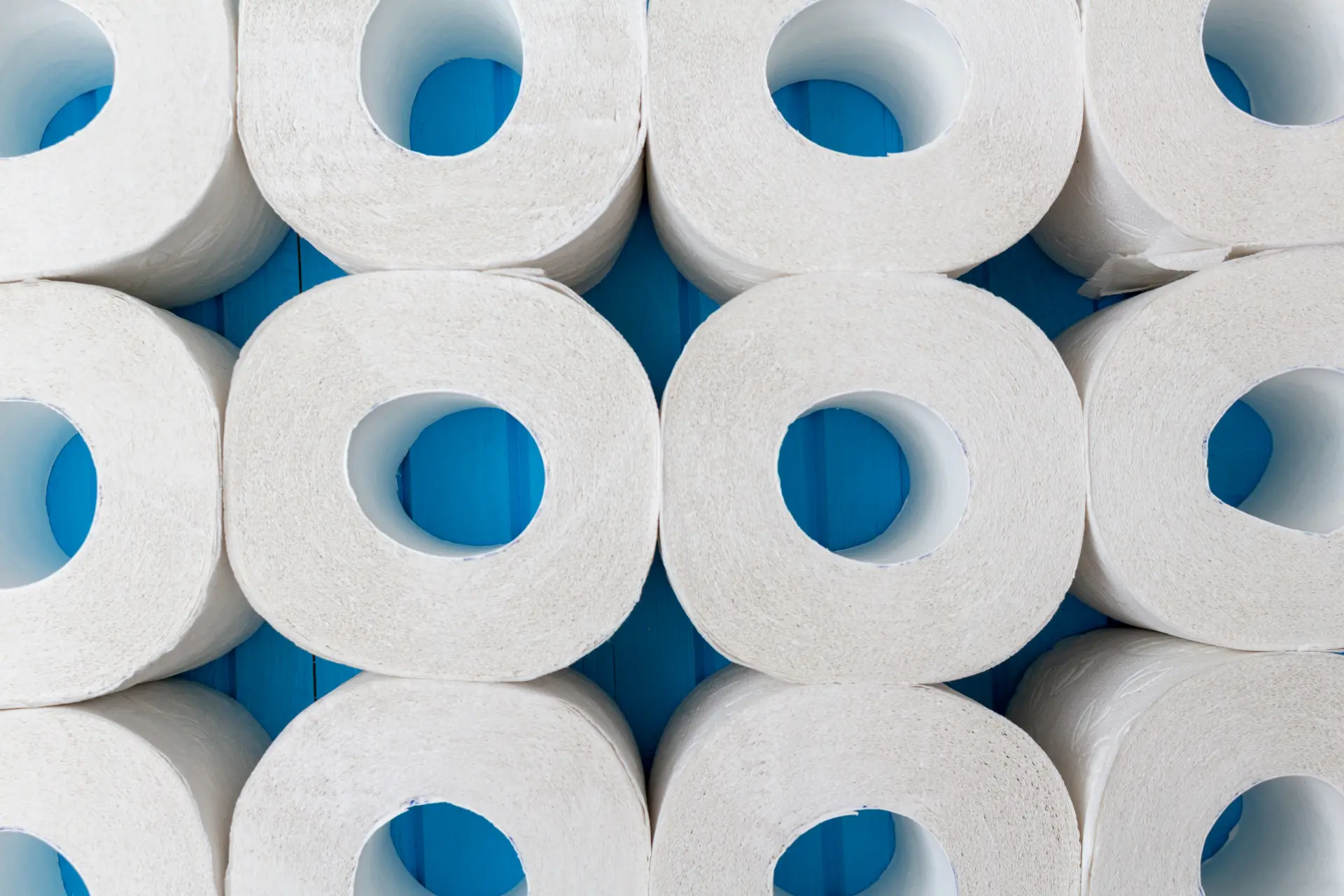
For toiletries and cleaning products, larger refills usually save both money and packaging, but be honest about storage space—hoarding unused bottles just shifts the waste downstream.
Buying less also means caring for what you own. Store fruit properly (bananas away from apples, leafy greens in breathable bags) to extend shelf life. Sharpen knives so you don’t give up on bruised produce. Learn basic clothing repairs to avoid throwing away garments with loose buttons or small tears. Setting aside a monthly “maintenance hour” for mending and organising stops small issues from snowballing into replacement purchases.
Finally, celebrate the savings. Track both money and kilograms of waste prevented. Seeing tangible benefits reinforces disciplined purchasing decisions and turns mindful buying into a lasting habit for your family.
Use Reusable Bags, Bottles and Containers
Reusable gear pays for itself quickly and slashes waste streams. Keep a foldable tote in every handbag, backpack, and car so you never need a plastic carrier. Invest in two or three sturdy water bottles—one stainless steel for hot drinks, one lightweight bottle for sport, and maybe a glass bottle for the desk. Washable silicone zip-pouches replace hundreds of freezer bags and stand up to dishwashers and microwaves.
Prefill containers with snacks before leaving home to avoid impulse buys packaged in multilayer plastics. When shopping at refill stations, tare your containers at the counter to pay only for the product weight. Treat these items as everyday essentials, not eco-novelties, and they’ll become effortless habits. Over a year, savings add up.
At Welcroft Lee Logistics, we specialise in efficient and responsible domestic waste removal, making your spaces cleaner and more comfortable. Our team ensures timely collection and proper disposal, so you can enjoy a clutter-free home.
